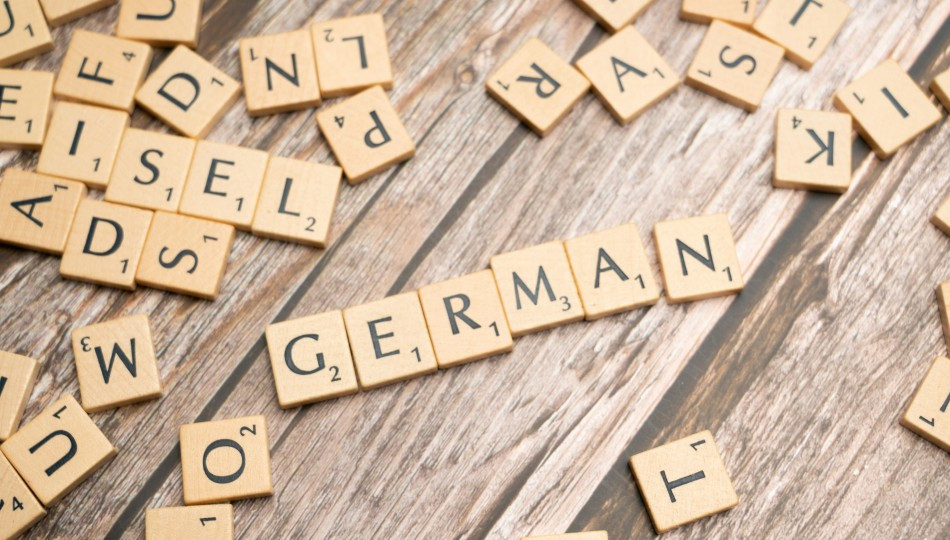7 German words commonly used in Poland

Editor

Photo by: Markus Winkler, Unsplash
related articles
related offers
When language crosses borders. Poles, Germans, and shared words
You don’t need a map to see how close Poland and Germany are – just take a peek inside a Polish sentence. For two nations with a long (and oftentimes bumpy) history, Poland and Germany share more than geography. Their vocabularies are full of souvenirs from centuries of trade, migration, border shifts, and the everyday chatter of neighbors. The result? A linguistic crossover episode that even Marvel would be marvelling at.
What German words are commonly used in the Polish language?
The list of German words that have made themselves comfortable in Polish is longer than the border between the two countries. Polish speakers use dozens of everyday words with German roots, often without realizing it. Here are just a few that might be hiding in your vocabulary:
Let’s take a look at 7 German linguistic visitors who decided to stay in Poland – permanently.
- Kartofel – An alternative word for ziemniak (potato). This term is borrowed from the German Kartoffel, which itself traces back to the Italian tartufolo, meaning "truffle".
- Szlafrok – This comfy “bathrobe” may sound Slavic, but it’s really Schlafrock (literally: sleep-coat) in disguise. Cozy, classy, and undeniably German in origin.
- Rynsztok – Less glamorous but very real: this term for a gutter comes from the German Rinnstein. Urban plumbing never sounded so cross-cultural.
- Majster – From Meister, meaning a master or skilled worker. In Poland, it’s the go-to word for your favorite handyman.
- Matura – While widely used in Poland to denote the high school graduation exam, matura is also present in other European countries. The term originates from the Latin maturitas, meaning "maturity", and was adopted in Poland from German Maturität.
- Wihajster – A brilliant example of linguistic creativity, from Wie heißt er? (What’s it called?). A go-to term in Polish for any gadget or unnamed object.
- Klejnoty – Fancy word for jewels or valuables, from Kleinod in German. Can refer to both real bling and metaphorical “treasures”.
Language is history that you can hear
Each of these words is more than just a linguistic curiosity – it’s a mini time capsule.
According to linguist B. Walczak (1999), most of these borrowings entered Polish during the 19th century, especially in regions under Prussian rule. Urban life, military terms, and craftsman jargon all came with a German accent.
Every borrowed word is a breadcrumb on the trail of history. Shared vocabulary reveals centuries of coexistence, conflict (yes, that as well) but also and above all – of curiosity and collaboration between the two nations.
Sources:
Walczak, B. (1999). Zarys dziejów języka polskiego.












